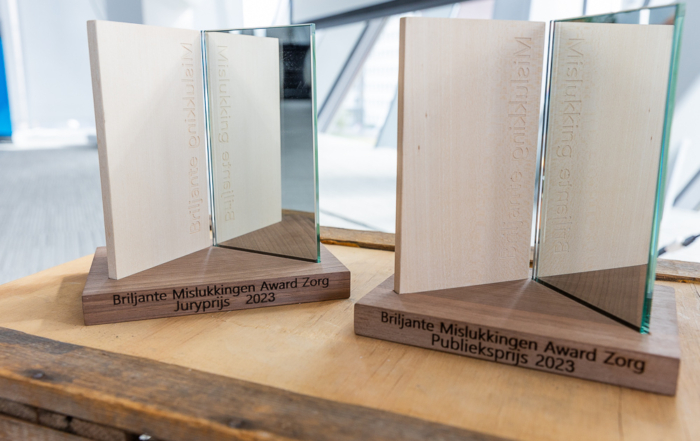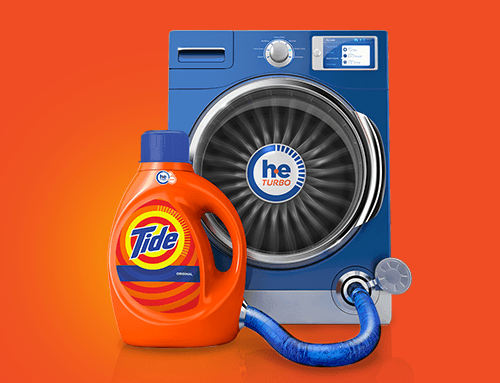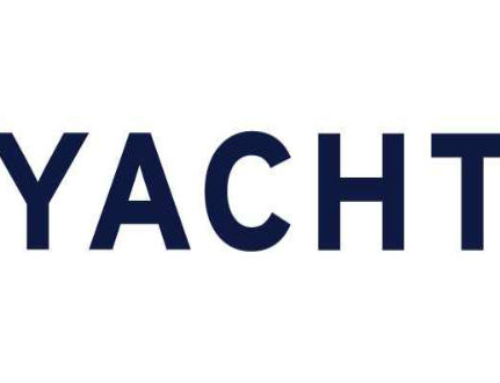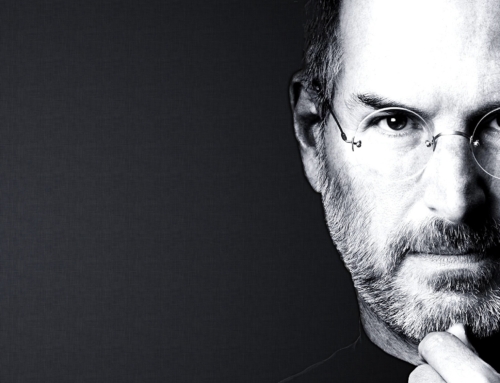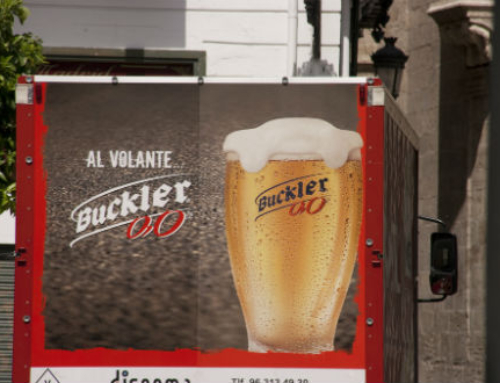Ang kurso ng pagkilos:
Google wanted to expand its ad empire beyond the web. Radio stations would give Google a portion of their ad inventory and Google would pit advertisers against one another to bit for the spots.
Ang resulta:
Problems emerged because stations where reluctant to give over control. The Google ads went for less than those sold directly by the stations, and although Google argued that increased demand would eventually drive up prices, radio stations were reluctant to take the chance. Susunod, Media buyers where reluctant to engage with Google, which refused to continue the conventional practices of negotiating prices ahead of time and bundling ads together.
Ang aralin:
CEO Eric Schmidt attributed its failure to the companies inability to measure performance on the radio-something it could do on the web by tracking views and clicks. But the larger learning might be that the chasm between Google’s core business and the radio business proved to be too great. And this makes useful learning difficult. You won’t be able to use what you find out because you don’t understand the context and you won’t know how to connect what you have learned to your existing knowledge base.
Karagdagang:
Rita Gunther McGrath/HBR april 2011 Google has sold its Google Radio assets to a company called WideOrbit, in the latest sign of Google’s failed efforts to expand its ad empire beyond the Web. Google Radio, an online radio ad buying service that the company shut down earlier this year, was one of the many offline initiatives that failed to see the traction Google had expected. In an ambitious plan led by former executive Tim Armstrong, Google had also tried to expand into TV and newspaper advertising; none these efforts have gone very well. Pinagmumulan:venturebeat.com
Inilathala ni:
Editorial team brilliant failures citing R. Gunther McGrath/HBR april 2011
IBA PANG MGA MAKINANG NA KABIGUAN
Ang Museo ng Bigong Produkto
Robert McMath - isang propesyonal sa marketing - nilayon upang makaipon ng isang reference library ng mga produkto ng consumer. Ang kurso ng pagkilos ay Simula sa 1960s siya ay nagsimulang bumili at pangalagaan ang isang sample ng bawat [...]
Ang Norwegian Linie Aquavit
Ang kurso ng pagkilos: Ang konsepto ng Linie Aquavit nangyari sa pamamagitan ng aksidente noong 1800s. Aquavit (ipinahayag 'AH-keh'veet' at kung minsan ay nabaybay "akvavit") ay isang patatas-based alak, flavored sa caraway. Jørgen Lysholm pag-aari ng isang Aquavit distillery sa [...]
Briljante Mislukking Award Zorg – 20 november 2024
Miyerkules 20 november worden voor de tiende keer de Briljante Mislukking Awards Zorg georganiseerd door het Instituut voor Briljante Mislukkingen




